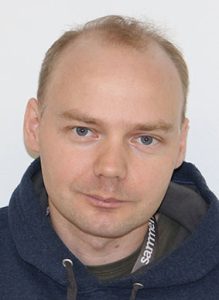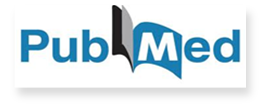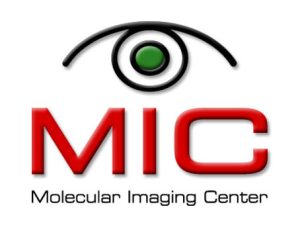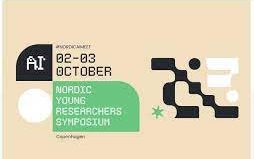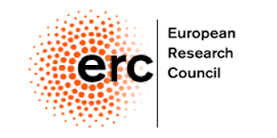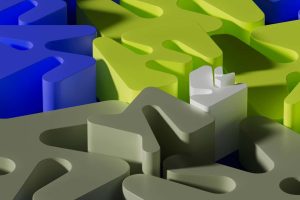Dear colleagues,
I hope you had a great weekend in the nice weather!
In this leader I’ll focus on three subjects: the use of chatbots and artificial intelligence (AI), the upcoming RCN evaluation of our department and sector, and the status of restructuring the research groups at our department.
There has been an explosive development in chatbots and other tools based on artificial intelligence (AI) the last months, and very powerful AI-based tools are now accessible for everybody. I guess most of you have heard about or even tested Chat GPT already. These tools give us new possibilities in many aspects of science and teaching. So how do we use these tools efficiently, how much can we trust the output, and what should we not use these tools for are questions that arise and that we should ask ourselves. I can’t answer these questions here, but I’ll focus on a couple of aspects especially important to keep in mind when using these tools. Some of answers you get from these tools in their current versions are wrong, and a large portion of the references that are generated are also made up and do not really exist. So, it is important to have a critical view on the output from these tools, and not take for granted that the output can always be trusted even if it looks convincing. The information is also likely to be incomplete on a given subject. As it is now, these tools are nice to use to get information and partial overview on a subject, but it is not ethical to copy this text and use it as your own in a paper or a thesis etc., so please avoid doing that. As any other tool, it is appropriate to cite these AI-based tools when they have been used. Making guidelines on how to use these tools in our setting is in progress, but not yet ready. The faculty distributed a note about the use of these chatbots to the students a few weeks ago, and this text can be found below in the newsletter.
As you probably know there has been a process over some time regarding restructuring of the research groups into larger research units. This work is still ongoing, and during this week, the first round of discussion with the PIs should be completed and the outcome of these discussions will be used as a basis for making a draft. We’ll then use this draft as a starting point for further discussions including all members of the group and unit. It is important that everybody contributes to these discussions so that we get a good foundation to establish this research unit structure. We hope to have most of the new structure ready before the summer, but the formal implementation will probably not take place before sometime during the fall, with the goal of full implementation completed from January 2024.
It is now 10 years since our department was evaluated by RCN last time. This spring, the first phase of the new RCN evaluation of our department as part of the “fagevalueringen av medisin og helsefag (EVALMEDHELSE)” will take place. The deadline for our input is June 6. We received information about the process this week, and have started the work for the first part, which is basically defining the research groups at the department and filling in this and associated information in an excel sheet. There are some criteria to these definitions, so we will work on clarifying them in the coming days and will at some point probably need input from the group leaders on some of this. The next phase will require much more information about the groups, activities, and the department, but this deadline is in the late fall. For more information about the subject please visit this link: Evaluering av norsk forskning og høyere utdanning



